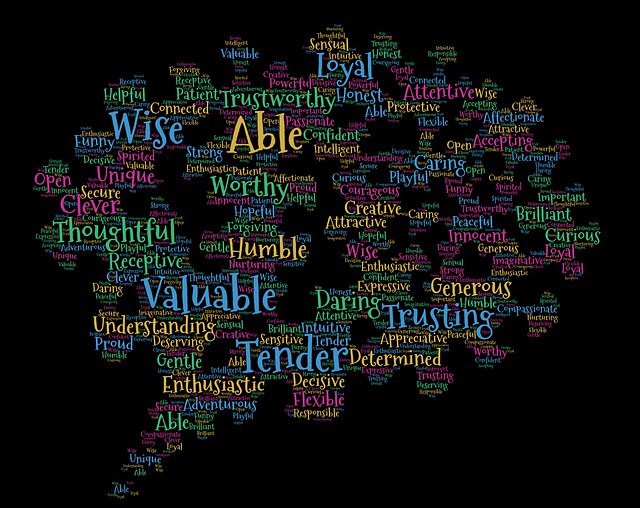In this era of widespread depression, loneliness and disconnection, it becomes critically important to rediscover and enhance our sense of connection. Allyson Pimentel, in one of the UCLA guided meditation podcasts, reminds us that mindfulness can ignite our sense of belonging to ourselves, other people and the earth. Mindfulness is a pathway to reaffirming our connectedness to everything. In the podcast, Allyson draws on the book by Sebene Selassie, You Belong: A Call to Connection. Selene makes a profound case for our connectedness, despite differences, when she writes, “although not one, not separate” and “although not separate, not the same”. She affirms that much of life is paradoxical, but to deny this is to turn a blind eye to the reality of our human existence on earth.
Allyson argues that the “delusion of separateness” contributes to depression and loneliness. She states that we all belong “in every moment and to everything” despite our traumas, injustice and racism in the world, differences in language – culture – philosophy, the presence of hate and division, and the pervasive sense of disconnection and meaninglessness. Building a sense of connection and belonging heals wounds and divisions, contributes to positive mental health and enriches our lived experience through joy, wonder, relatedness and consciously “being with”. Mindfulness, with its focus on what is happening now and doing so with openness, curiosity and acceptance, intensifies our sense of belonging. Paradoxically, being still and silent leads us to compassionate action towards others through recognition of our connectedness.
At any point in time, we can sense our connection to the community of people throughout the world who are meditating, doing Tai Chi or engaging in some other mindfulness practice; or experiencing chronic pain; or dealing with the impacts of adverse childhood experiences or other trauma; or trying to manage grief; or attempting to overcome an addiction or craving; or are experiencing anxiety and depression; or any other manifestation of the human condition. We can also become more conscious of our connection to every other living being as well as our connection with nature.
Guided meditation on belonging
At the beginning of her guided meditation, Allyson encourages us to take a number of deep breaths so that we can feel the connection with the air and our surrounds as well as begin to become more grounded and connected to ourselves. At this point, I was reminded of Lulu & Mischka’s mantra meditation, Rainbow Light and the words:
When I breathe into my heart
I breathe into the heart of all beings
After this initial grounding, Allyson encourages us to connect with our breath, sounds in the room and beyond or our bodily sensations. In connecting to the sounds surrounding us, we can become conscious of what Jon Kabat-Zinn describes as the soundscape in his book, Coming to Our Senses. Allyson reminds us to just absorb the sounds, not try to identify or interpret them or create a story about them – just be with sounds, another form of connection and belonging. We can extend our awareness to our other senses or what Jon describes as the “lightscape”, “touchscape”, “smellscape, “tastescape” and, ultimately, our “mindscape” – “the vast empty spaciousness that is awareness itself”.
Allyson suggests that another way to feel connected and belonging is to focus on our bodily sensations related to being supported by our chair, cushion, bed or floor – whatever is connecting our bodies to something solid and unmoving. Being with these sensations reinforces our supported connectedness and sense of belonging.
Reflection
In the final analysis, we can choose to focus on our differences and what separates us or, alternatively, to increase our consciousness about our connection and belongingness. As we grow in mindfulness through reflection, meditation, mantras, and daily mindfulness practices, we can gain an increased sense of connection and belonging and draw support and positive emotions from this growing awareness.
________________________________
By Ron Passfield – Copyright (Creative Commons license, Attribution–Non Commercial–No Derivatives)
Disclosure: If you purchase a product through this site, I may earn a commission which will help to pay for the site, the associated Meetup group, and the resources to support the blog.

